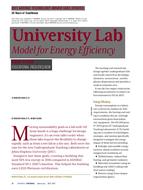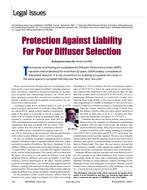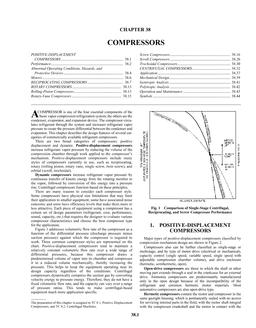Air leakage investigations were conducted on 26 commercial and institutional buildings located in Minnesota. The buildingswere constructed from 1936 to 2009 and ranged in size from 23,920 to 484,290 ft² (2220 to 44,990 m²). The investigations foundan average of 13.3 ft² (1.24 m²) of leakage to seal with the cost per area to be sealed ranging from $937 to $8490/ft2 ($10,100to $91,400/m²). There was no significant relationship between the relative amount of sealing identified and the year of constructionor the energy utilization index. Approximately 59% of the area to be sealed occurred at wall/roof joints, 17% at exterior doors,and the remaining 23% distributed fairly evenly between soffits, windows, mechanical penetrations, and other locations. The specifiedgap width for the leaks was typically 1/16 to 1/8 in. (1.6 to 3.2 mm) for roof/wall joints, 1/16 in. (1.6 mm) for doors, andan average of 1/6 in. (4.2 mm) for soffits. The presealing envelope leakage tests conducted on eight buildings determined thatthey were relatively tight with normalized leakages that ranged from 0.09 to 0.23 cfm/ft² (1.64 to 4.18 m3/h x m²). The sealing areasestimated from the investigations were optimistic. The ratio of estimated sealing area to measured equivalent leakage area rangedfrom 0.76 to 1.76 with a median of 0.90. The measured leakage reduction ranged from 2.6% to 17.2% with an average of 9.0%.Post-inspections indicated that the lower measured reductions were not due to incomplete air sealing, but to an inability to properlyestimate leakage areas. The lower than expected leakage reductions resulted in an average cost per area sealed of $10,060/ft²($108,000/m²) and long paybacks.
Citation: Thermal Performance of Exterior Envelopes of Whole Buildings XIII, Conference Papers
Product Details
- Published:
- 2016
- Number of Pages:
- 9
- Units of Measure:
- Dual
- File Size:
- 1 file , 1.6 MB
- Product Code(s):
- D-BldgConf16-20


